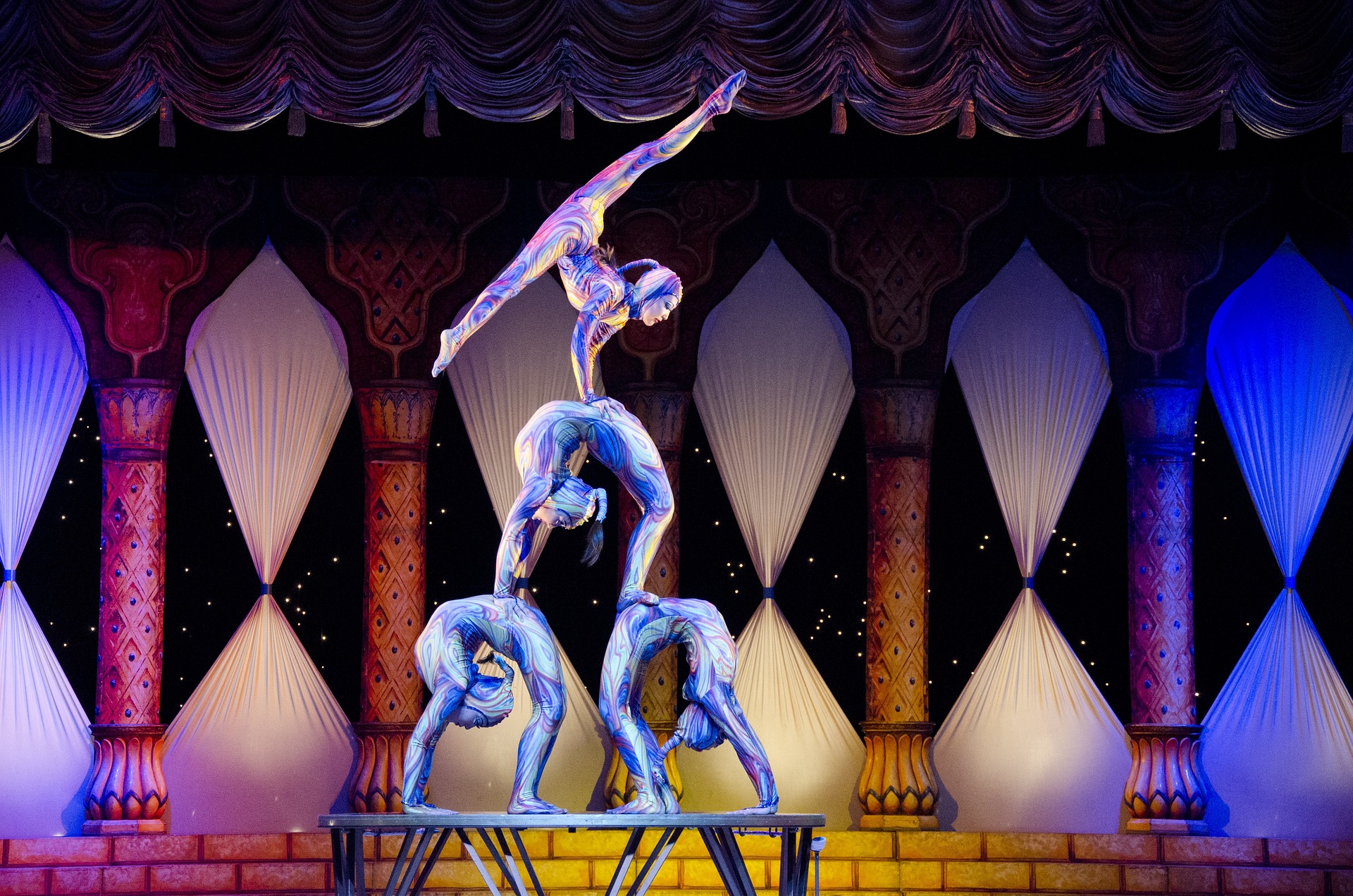Avant-Garde Opera: Redefining the Boundaries of Performance
In the ever-evolving landscape of performing arts, a radical transformation is taking place within the world of opera. A new wave of avant-garde productions is challenging traditional notions of the art form, pushing the boundaries of what opera can be and how it can be experienced. This innovative approach is not only reshaping the genre but also attracting a diverse and younger audience, breathing new life into an art form often perceived as antiquated.

Breaking Down the Fourth Wall
One of the most striking features of avant-garde opera is its tendency to blur the lines between performers and audience. Many productions incorporate interactive elements, allowing spectators to become active participants in the performance. This approach creates a more intimate and engaging experience, transforming the typically passive act of watching opera into a dynamic, participatory event. Some productions even take place in non-traditional venues, such as warehouses, parks, or abandoned buildings, further breaking down the barriers between art and everyday life.
Technology and Multimedia Integration
Avant-garde opera often embraces cutting-edge technology to enhance the visual and auditory experience. Projection mapping, virtual reality, and interactive digital elements are increasingly being incorporated into productions, creating immersive environments that transport audiences to otherworldly realms. These technological innovations not only serve to modernize the art form but also open up new possibilities for storytelling and artistic expression.
Redefining Vocal Techniques and Music Composition
While traditional opera is known for its emphasis on powerful, trained voices and classical composition, avant-garde productions are expanding the definition of what constitutes operatic music and vocal performance. Experimental composers are incorporating electronic music, ambient sounds, and unconventional instruments into their scores. Similarly, vocalists are exploring new techniques that push the boundaries of the human voice, incorporating elements of spoken word, improvisation, and even non-verbal vocalizations.
Addressing Contemporary Issues
Avant-garde opera is not just about pushing artistic boundaries; it’s also becoming a powerful medium for addressing contemporary social and political issues. Many productions tackle topics such as climate change, social inequality, and technological advancement, using the unique combination of music, visuals, and performance to create thought-provoking and emotionally resonant experiences. This focus on relevance and social commentary is helping to attract a new generation of opera-goers who are looking for art that speaks to their concerns and experiences.
Challenges and Criticisms
Despite its growing popularity, avant-garde opera is not without its critics. Traditionalists argue that these experimental productions stray too far from the essence of opera, potentially alienating long-time fans and diluting the art form. There are also concerns about accessibility, as some avant-garde works can be challenging for audiences unfamiliar with experimental art. Additionally, the often high production costs associated with technologically advanced performances can make it difficult for smaller opera companies to embrace this innovative approach.
The Future of Opera
As avant-garde opera continues to gain traction, it is likely to have a lasting impact on the future of the art form. Many opera houses are now programming a mix of traditional and experimental works, recognizing the need to balance preservation of classical repertoire with innovation and audience development. This hybrid approach may lead to a new golden age of opera, where traditional and avant-garde elements coexist and inspire each other, creating a richer and more diverse artistic landscape.
Conclusion
Avant-garde opera represents a bold and exciting direction for an art form with centuries of history. By challenging conventions, embracing technology, and addressing contemporary issues, these innovative productions are redefining what opera can be and who it can reach. As the boundaries between different art forms continue to blur, avant-garde opera stands at the forefront of a new era of artistic expression, inviting audiences to experience the power of music and performance in ways they never thought possible. Whether this experimental approach will become the new norm or remain a niche within the broader world of opera remains to be seen, but its impact on the art form is undeniable and likely to be felt for years to come.





